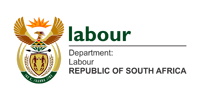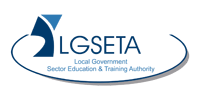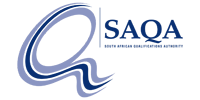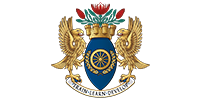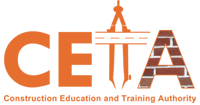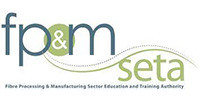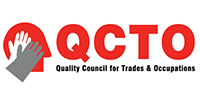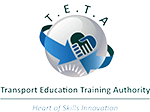EMCARE’s fire fighting training courses are divided into various modules so that you can pick and choose a course that works best for you at the time. Given where you are in your career, the EMCARE options can serve you effectively, either training you for strategic job advancement or helping you prepare for unexpected everyday emergency scenarios.
Fires break out every day, often in unexpected ways which is precisely why here at EMCARE, we make it our business to offer comprehensive learning opportunities to all of our clients. Whether you are a beginner, intermediate or advanced student. But for beginners especially, it is always important to learn the basics, from electrical household fires to cooking or kitchen fires.
If you’re looking to learn more about these accidents, then read this article to prepare yourself to manage them.
Common Household Fires
EMCARE fire fighting training provides an overview of why household fires break out and how to manage them. When dealing with these household emergencies, it is vital to first understand the exact cause of the fire, as this will determine how you respond to and prevent it. If somebody experiences one of these horrible emergencies, they will rely on the fire fighting professionals to liaise with the police, work with the medics and finally offer documentation for insurance. Beyond that, firefighters can also provide important counsel and advice to victims.
Firefighters on site will also be expected to carry out a clear assessment of the risks and dangers associated with the outbreak to keep residents safe from any further harm. They can inform locals of what to repair or replace to mitigate any further issues. For example, common household fires often result in structural damage that ultimately compromises plumbing, interior belongings and electric issues.
Professional firefighters with advanced training will be able to identify, trace and explain the cause of any outbreak, while also offering care for fire victims. These are all important elements of the job that require a varied skillset, strength and a passion for helping people.
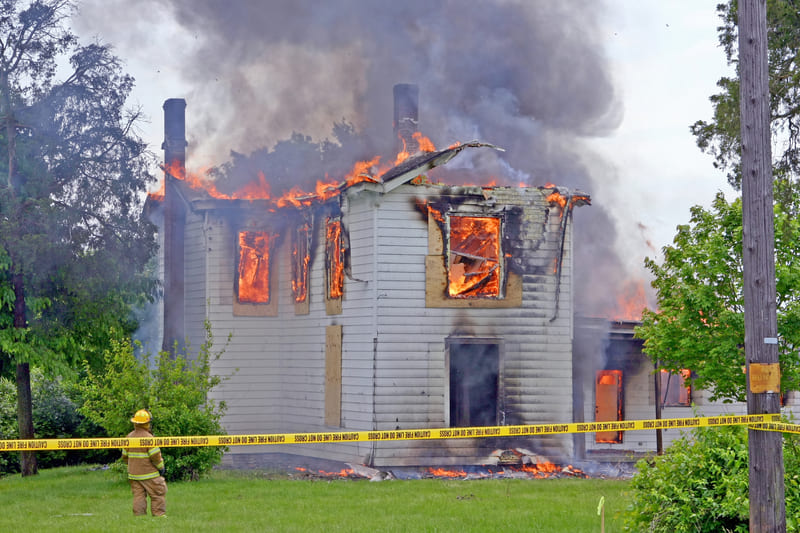
Fire Fighting Training: Learn New Skills
There are a huge variety of skills that firefighters learn while undergoing their fire fighting training courses at EMCARE. Naturally, the area of focus will differ depending on which course you choose, but overall, you can expect to learn any and all of the basic skills related to fire prevention and management. These include things like search and rescue, ventilation, hazardous materials handling (also known as HAZMAT), fire prevention and inspection, physical fitness and endurance, water supply and hydraulics, Personal Protective Equipment usage and communication and incident commands.
Among the technical skills which allow you to control and suppress fires are also the important techniques that will help you to safely navigate any site of emergency. By receiving education on fire behaviour – i.e. how fires start, spread and are controlled – you can be better prepared to take on basic household fire emergencies while also keeping yourself and others safe.
Different Types Of Household Fires
During your training and education on fire behaviour, you will learn to distinguish and identify between the many different kinds of fires. Each type of fire requires a different method of suppression, and it is the firefighter’s duty to quickly and accurately locate or investigate the scene of the fire so that they can determine how best to put it out.
If a fire is inaccurately assessed, it may have implications for the rescue mission, the victims and the overall safety of locals. This is precisely why, at our fire fighting training courses, we will teach you the important indicators that can help you better assess and put out fires. When it comes to household fires, these indicators are especially important because they can help you prevent the total collapse of a house or residential structure.
As we’ve noted, in any household there are an array of different fires to watch out for, as households are composed of many complex systems. These include electrical wiring, heating, cookware and more. Despite what you may think, there are many immediate threats to any household. Fire safety is consequently important, and all households should be equipped with fire extinguishers in order to deal with smaller accidents and issues.
However, in the event that residents are unable to suppress a fire or are perhaps not present or aware of the issue, then it is the firefighter that they will ultimately rely on to save their home and personal belongings. When a firefighter is notified of a household fire, it is expected that they know exactly what to look for and how to move forward.
At fire fighting training, your course will provide you with insight into managing each of the many different types of fire that exist and equip you with the education to understand their unique threats or harms. In any household, the most common fire is likely the kitchen fire, as this is often where items are heated and cooked using either gas or electric stoves and ovens. It can be as simple as leaving your hot pot unsupervised, or having a kitchen towel catch a flame, but either one of these issues can lead to danger.
Beyond that, other common occurrences in households are electrical fires caused by faulty wiring or electrical appliances, and fires caused by space heaters that are left too close to flammable materials. Then less-common, but equally dangerous fires can also be started by lit candles, flammable liquid fires and braai fires, often caused by lighter fluid or malfunctional grills.
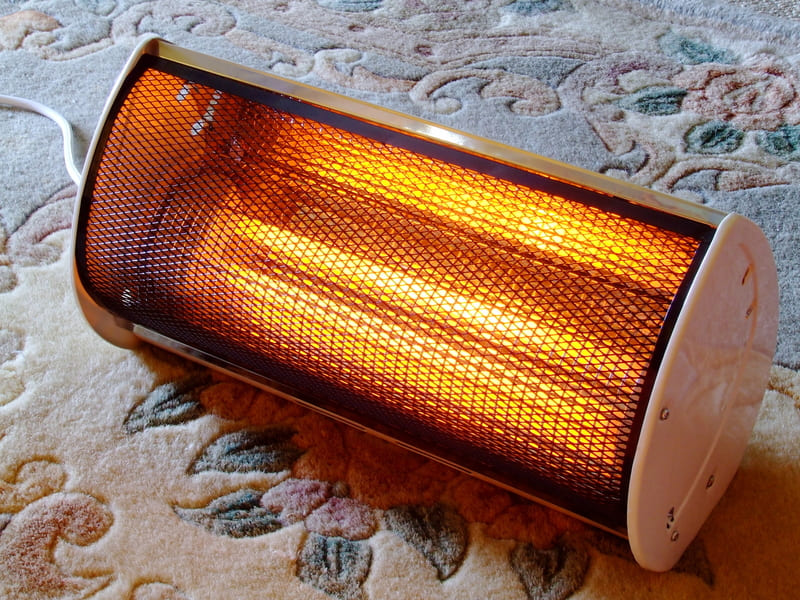
Fire Fighting Training: Take A Course Today
Whether you’re a beginner looking to start your fire fighting training, or an established career man hoping to specialise and gain more insight into the nitty gritty, EMCARE’s courses can provide you with an informative education. These courses are both theoretical and practical, guiding you through everything from PPE to hydraulics and rescue. If you are interested in taking one of our courses, simply browse through our offerings online or call one of our consultants. We look forward to having you, and we salute your eagerness to take our fire fighting training courses.


